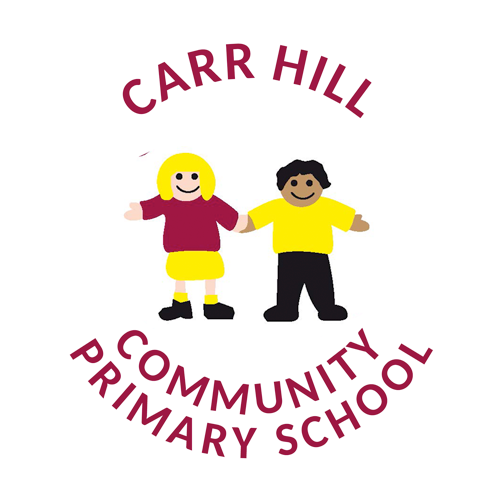At Carr Hill we strive for every child to become a confident and independent reader. We want every child to make the maximum amount of progress in reading during their time with us, but also to leave our school with a lifetime love of reading. We understand that being able to read provides children with access to the world around them and supports their ability to learn and develop in all other areas.
Early Reading
Reading is much more than being able to decipher the print in front of us; reading is about being able to understand what the writer is attempting to communicate. At Carr Hill, we teach synthetic phonics as our main strategy for decoding but this is supported by teaching sight vocabulary (key words), using picture cues and using the context of what we are reading to provide a sense of understanding.
In Reception and Key Stage 1 children have three reading practise sessions each week, which are led by a key adult. Each of these sessions has a clear focus on decoding, prosody and comprehension. We use ‘Collins Big Cat Phonics‘ reading books which fully support the decoding and progression of our ‘Little Wandle Letters and Sounds Revised’ phonics programme. Once children are secure in Phase 5 phonics they will start using banded reading books form the ‘Collins Big Cat’ reading scheme.
Developing Reading
As children’s decoding improves during Key Stage 1 and into Key Stage 2, the focus becomes primarily on fluency and comprehension. Children are taught more about understanding the texts they read so that they can share literal answers but also express their responses to the texts and eventually interpret the writers’ intentions.
Throughout Key Stage 1 and 2, adults will hear children read through the Guided Reading approach. During this process, the children work in small groups, once a week, to read and share texts with a clear focus on reading objectives based on understanding what they are reading. Reading skills are continually embedded across the curriculum to allow children a wide range of reading experiences.
Whole Class Reading
As the children progress through KS2, weekly guided reading sessions can be bolstered with whole class reading experiences where appropriate. Initially, children discuss and annotate small sections of text with their thoughts and questions. By identifying the words and phrases that later answer those questions, existing retrieval skills develop into independent inference, immediately transferable to comprehension tasks. These sessions also provide exposure to a larger range of challenging topic related texts, increasing vocabulary and providing further opportunities to read with adult and peer support.
Reading Journals
Our Key Stage Pupils have a reading journal where their reading journey is recorded over the year.
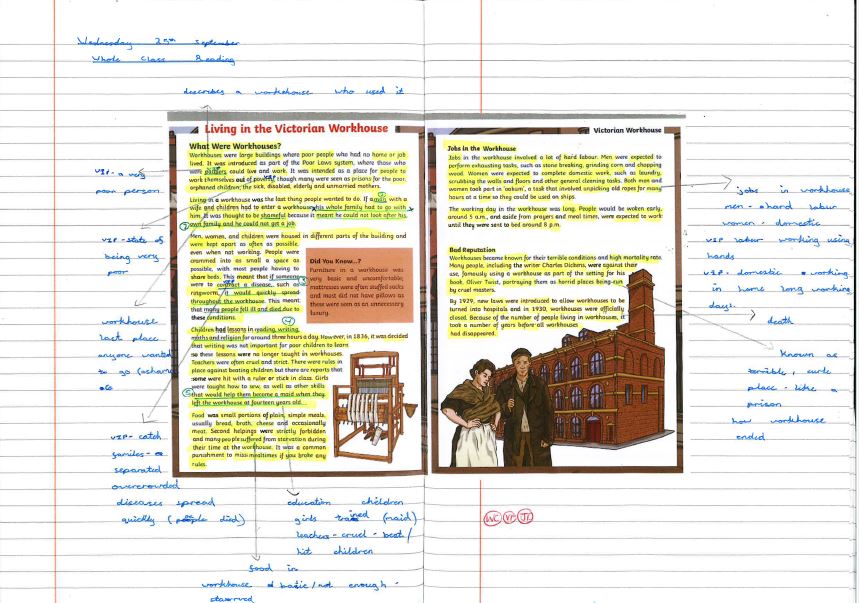
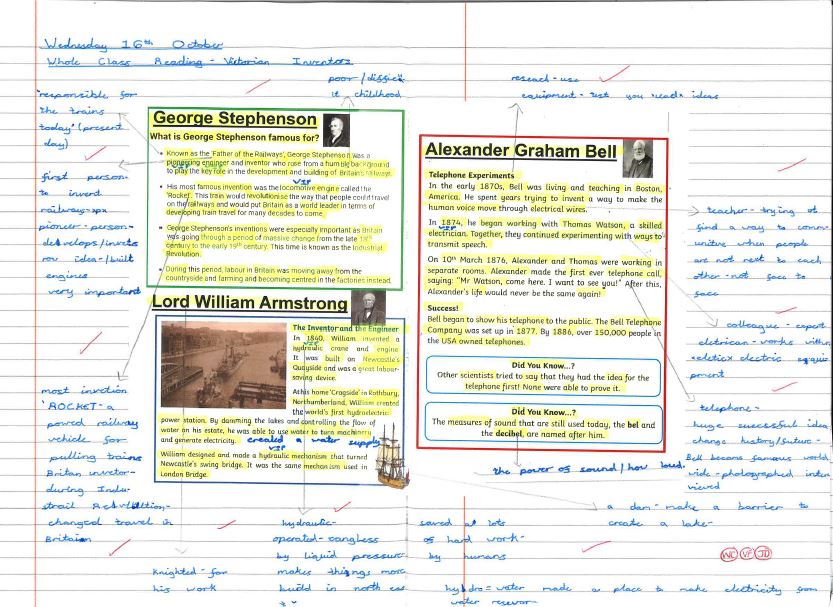
Reading Plus
Reading Plus is an online teaching program which is proven to improve children’s reading fluency, comprehension and vocabulary. The children complete an initial assessment which ensures that work is set at the correct level for them. They then read a range of texts within their level and answer comprehension question about what they have read. Special vocabulary tasks support them to increase their word knowledge. The children earn certificates for the number of words they read and when they reach a new level. Children in Year 4 to Year 6 use Reading Plus regularly in school and are also expected to access the activities at home.

Reading Schemes
We primarily use ‘Collins Big Cat Phonics’ and Collins Big Cat Readers’ as our main reading schemes. However we also use a variety of reading schemes across school to support reading at home and reading intervention. We know is important that children read a range of books which are written and structured in different ways so that children can develop interest as well as apply their reading in varying contexts. We look to use schemes from various publishers including: Rigby Star, Storyworlds, Floppy Phonics , Project X and Ginn Lighthouse. For more competent readers, the school provides and updates a good range of paperback books which are accessible throughout Key Stage 2.
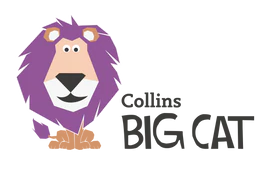
Reading Projects
As a school we took part in the National Literacy Trusts ‘Puffin World of Stories’ project. We received 300 amazing books to add to our library area and had some specialist training , filled with ideas to make reading for pleasure a key part of our school culture and help bring stories to life for our children.
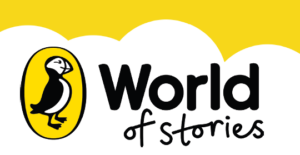
Additional Support
For children who may struggle with reading or their reading skills are not at the expected level for their age will be involved in additional support programmes (e.g. Better Reading Partnership, Reading Recovery) which aim to provide intervention and diminish the differences as quickly as possible.
Reading at Home
We expect that children will read at home on a regular basis and support this by ensuring children always have a home reading book. This may be a book they have read during guided reading or it may be a new text to enjoy at home. We fully encourage parents/carers to share books at home with their children and support this through weekly parent and child library sessions in Nursery and Reception Classes. Children and parents in Key Stage Two also have access to ‘Reading Plus‘ at home.
Reading for Pleasure
We encourage children to read a wide variety of texts by a range of authors. We subscribe to Seven Stories ‘Hooks into Books’ programme which allows us to add new text to our school library every term. Hooks into Books is a great focus for our ‘Reading for Pleasure’ work, and we use it to raise the status of books and reading across our school. The Seven Stories team carefully select from the thousands of children’s books published each year and develop information and activities to create packs of seven books for each key stage every term .These books are used as a focus for ‘Reading for Pleasure’ and to constantly refresh our bookshelves.

Author Visits
